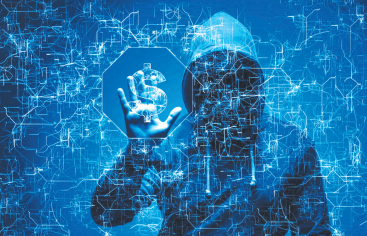In his latest Mann Ki Baat address, Prime Minister Narendra Modi cautioned the nation about the alarming rise of the ‘digital arrest’ scam. This scam involves fraudsters posing as law enforcement officials to extort money from unsuspecting victims. PM Modi revealed that in the first quarter of 2024 alone, Indians lost a staggering Rs 120.3 Crore to these scams. During his address, he detailed the modus operandi of these fraudsters who often impersonate officials from the police, CBI, narcotics departments, or even the Reserve Bank of India. They create an atmosphere of fear by presenting themselves in agency uniforms and quoting legal provisions, ultimately threatening to arrest the victims unless they pay a specific sum of money.
The digital arrest scam is a rising threat in India, with scammers using fear tactics to exploit victims. According to the NCR Police, 600 cases of digital arrest were reported within three months.
A large number of complaints are reported on the National Cyber Crime Reporting Portal (NCRP) regarding intimidation, blackmail, extortion, and digital arrests by cybercriminals posing as police authorities or officials from the Central Bureau of Investigation (CBI), Narcotics Department, Reserve Bank of India (RBI), Enforcement Directorate, and other law enforcement agencies.
These fraudsters typically call a potential victim and inform them that the victim has sent or is the intended recipient of a parcel, which contains illegal goods, drugs, fake passports, or any other contraband item. Sometimes, they also inform the victim that a near or dear one is involved in a crime or an accident and is in their custody. A demand for money is made to compromise the ‘case’. In certain instances, unsuspecting victims are made to undergo ‘digital arrest’ and remain visually available over Skype or other video conferencing platforms to the fraudsters till their demands are met. The fraudsters are known to use studios modelled on police stations and government offices and wear uniforms to appear genuine.
Across the country, several victims have lost large amounts of money to such criminals. This is an organised online economic crime and is learnt to be operated by cross-border crime syndicates.
In short, fraudsters pretending to be police and customs officials call people, claiming they are under digital arrest for an illegal act. The callers mostly pretend to be either police personnel or officials from the customs department. After switching to video, victims are shown a police station-like setup to make them believe the call is from law enforcement. The target is accused of illegal activity, and scammers present fake documents showing the digital arrest. Thousands of people have fallen victim to such scams, though digital arrest has no basis in law.
Reports of these scams are increasing across India:
• An elderly man in Ahmedabad was tricked into transferring Rs 1.26 Crore in a digital arrest scam, with scammers impersonating high-ranking officials, including the Chief Justice of India.
• In August 2024, Bengaluru Police arrested several men after a victim was allegedly scammed out of more than Rs 2 Crore. Fraudsters said a parcel addressed to the victim contained the drug MDMA and had been seized by police. Over a WhatsApp call, they threatened him with legal action if he did not pay to settle his alleged legal issues.
• Actor Maala Parvathi, mainly in Malayalam-language movies, reported being targeted by such a scam. Media reports stated that scammers showed her fake ID cards, pretending to be officers from Mumbai Police, and accused her of smuggling drugs to Taiwan. She realised it was a fraud before any exchange of money took place.
• A senior official in the National Buildings Construction Corporation (NBCC) was duped of Rs 55 Lakh in another digital arrest case. The accused video-called the victim on WhatsApp, claiming she was under digital arrest until the CBI could arrive. On September 9, the 35-year-old woman received a call claiming to be from a customs official at Mumbai International Airport. They stated that customs had intercepted a parcel on September 6 containing 16 fake passports, 58 ATM cards, and 40 grams of MDMA, with her details listed as the sender. The caller claimed that Mumbai Police had issued an arrest warrant against her and that she must surrender. He then suggested she transfer Rs 55 Lakh to verify her account to avoid money laundering charges, after which the scammers vanished.
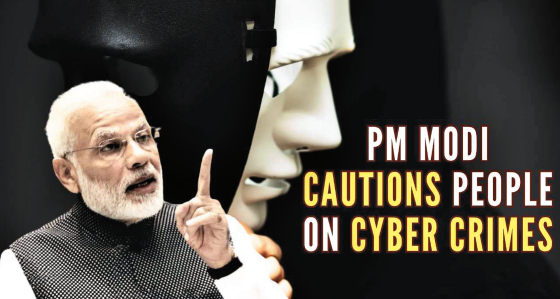
It is not only vulnerable groups who fall prey to these scams. Even wealthy individuals have been targeted. Textile industry doyen
S P Oswal was reportedly tricked into transferring Rs 7 Crore. Oswal, the Chairman-cum-Managing Director of Vardhman Group, the largest textile manufacturing group in the country, was held under digital surveillance for two days over Skype by fraudsters posing as CBI officers. The scammers staged a fake Supreme Court hearing on Skype, with one impersonating Chief Justice of India D Y Chandrachud and issuing a fraudulent order.
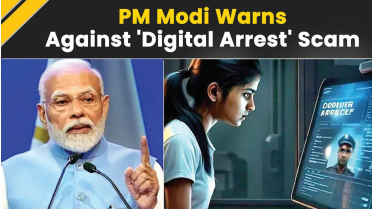
A large number of complaints have been made on the National Cyber Crime Reporting Portal (NCRP) about intimidation, blackmail, extortion, and digital arrests by cybercriminals posing as police officers, the Central Bureau of Investigation (CBI), Narcotics Department, Reserve Bank of India (RBI), and Enforcement Directorate (ED), among others. Victims across the country have reported losing significant amounts to these criminals.
In his warning, Modi advised victims to follow three steps to stay safe:
1. “Stay calm and do not panic. Record or take a screen recording if possible.”
2. “Remember that no government agency will threaten you online.”
3. “Take action by calling the national cyber helpline and informing the police.”
In reality, digital arrest is not legally recognised, and people need not panic. “There is nothing like digital arrest in our law. This is just fraud, deceit, and lies by a gang of criminals who are enemies of society,” said Prime Minister Modi. The scale of the scam is evident from NCRP data: Indians have lost up to Rs 120 Crore in digital arrest cases in the first quarter of 2024. PM Modi addressed this topic to raise awareness and encourage caution.
How to Protect Yourself
• Verify information: Never share personal or financial details over the phone or online unless you are certain of the requester’s identity.
• Be wary of unfamiliar numbers: Avoid answering calls from unknown numbers, especially those with foreign area codes.
• Cross-check information: Verify suspicious calls or messages with a trusted source, such as a government website or law enforcement agency.
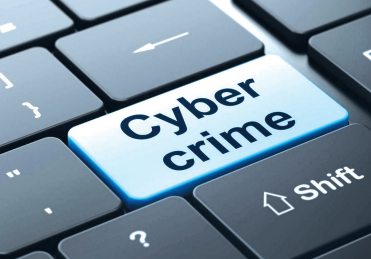
• Stay calm: Scammers rely on fear and intimidation to manipulate victims. Stay calm and avoid impulsive decisions.
• Report the scam: If targeted by a digital arrest scam, report it to local police or cybercrime authorities.
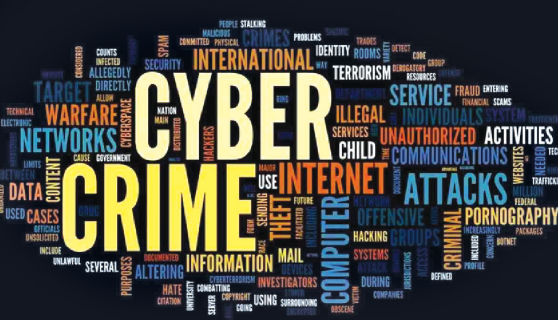
Actions by the Centre
Indian intelligence agencies have identified the scams as part of a coordinated online economic crime network operated by cross-border syndicates. In response, the Indian Cyber Crime Coordination Centre (I4C), under the Ministry of Home Affairs (MHA), has blocked more than 1,000 Skype IDs associated with these activities, with technical support from Microsoft.
The I4C is also working to block SIM cards, mobile devices, and mule accounts used by cybercriminals. In a security advisory, HDFC Bank warned about “money mules” — unsuspecting individuals tricked into laundering stolen or illicit money through their bank accounts, often becoming the target of police investigations once the crime is reported.
The MHA, alongside other government ministries, the Reserve Bank of India (RBI), and various organizations, is actively combating these cybercrimes. The I4C provides support to State and union territory police forces by supplying intelligence and technical assistance to help identify and investigate cybercrime cases.
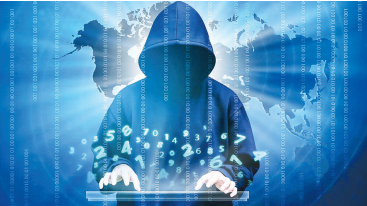
Additionally, the I4C raises public awareness through its social media platform, Cyberdost, sharing infographics and videos on X (formerly Twitter), Facebook, Instagram, and other platforms. Citizens are encouraged to remain vigilant, report any suspicious calls, and share information on cybercrime prevention.
To report scams, individuals can contact the national cybercrime helpline at 1930 or visit
www.cybercrime.gov.in.


